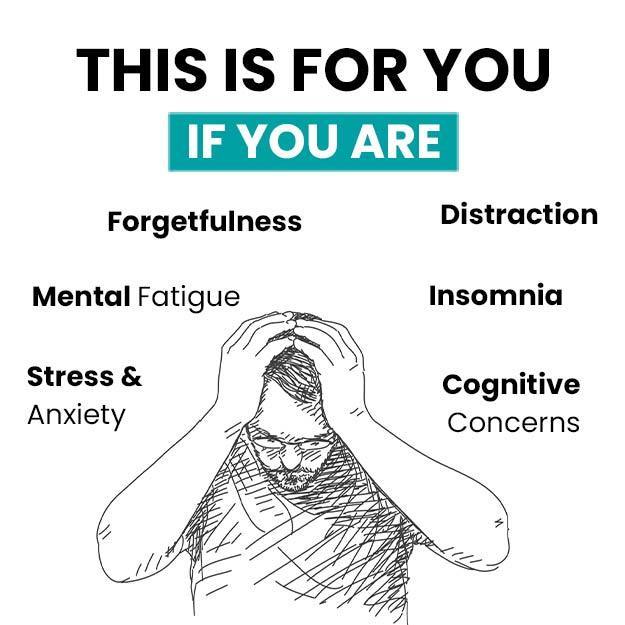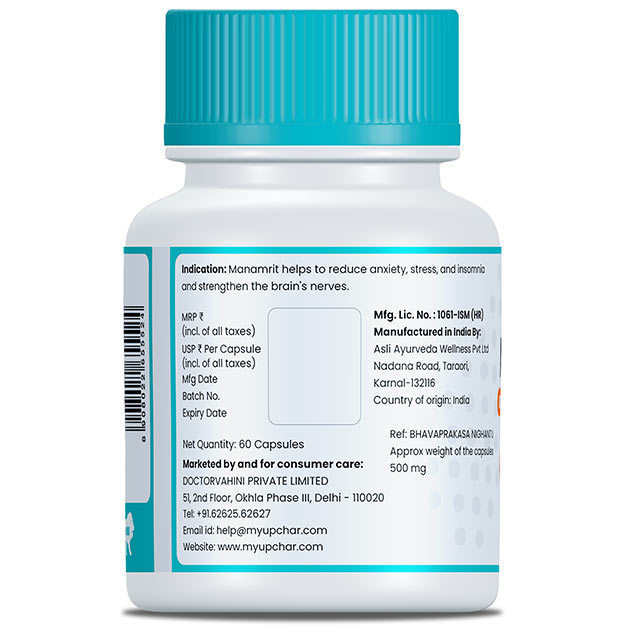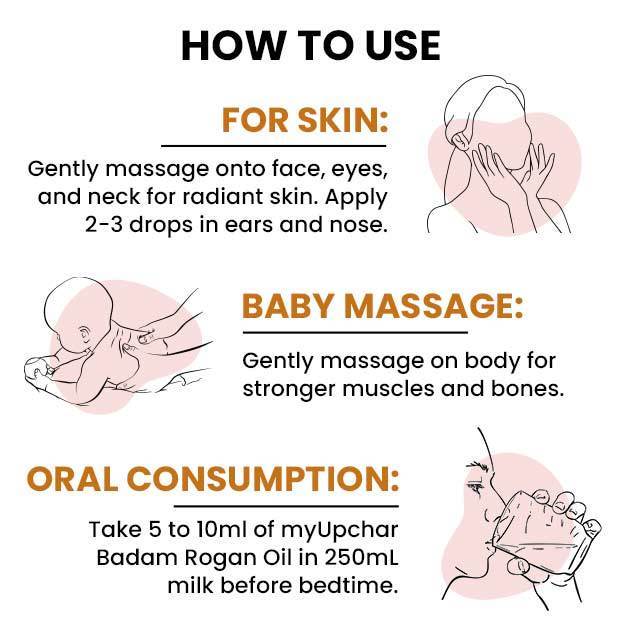The National Mental Health Survey of India in 2015-16 revealed that 13.7% of people in the country have had deteriorating physical and psychological health throughout their life (lifetime mental morbidity). It added that currently, 10.6% of people are suffering from some sort of mental health issue.
There are various types of anxiety that are prevalent in the Indian population:
- Generalised anxiety disorder: anxiety while performing daily life tasks
- Panic disorder: A persistent fear of losing control over oneself.
- Social anxiety disorder: Anxiety due to exposure to social situations.
- Phobic disorder: Fear related to animals, ghosts, enclosed spaces, deep waters, darkness and dark spaces, imaginary and supernatural factors.
- Dhat syndrome: Dhat syndrome is a disorder where a person believes that he is losing his semen during nocturnal (at night) emission, urination, and masturbation.
Also read: Nightfall: symptoms, causes, prevention, treatment, home remedies
Social anxiety disorder is a term for persistent fear of social or performance situations. It is seen in both adults and children. The symptoms of social anxiety disorder include excessive sweating, pounding of the heart, shaking, slurred speech and breathlessness.
It can be treated easily with the help of various methods of psychotherapy such as encounter therapy, cognitive behavioural therapy and social skill training. Drugs like anticonvulsants, antidepressants and anxiolytics are also used to treat the symptoms.

 Doctors for Social Anxiety Disorder: Symptoms, diagnosis, treatment
Doctors for Social Anxiety Disorder: Symptoms, diagnosis, treatment  OTC Medicines for Social Anxiety Disorder: Symptoms, diagnosis, treatment
OTC Medicines for Social Anxiety Disorder: Symptoms, diagnosis, treatment




































